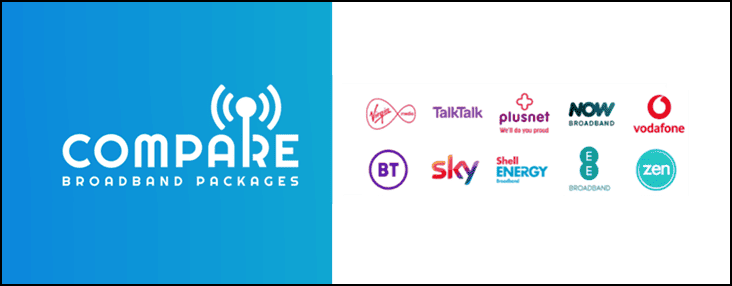In recent developments, major internet service providers (ISPs) in the UK—BT, EE, Plusnet, and Vodafone—have made critically important adjustments to their broadband pricing policies. These changes are designed to enhance customer satisfaction and streamline services in an increasingly competitive market.
Overview of the Pricing Changes
The competitive landscape of the UK broadband market has prompted these ISPs to revisit their pricing strategies. Consumers can expect various adjustments in tariff structures aimed at delivering better value and improved services.
BT’s Strategic Adjustments
BT has announced targeted price increases and promotions for its broadband packages. These adjustments aim to balance operational costs while maintaining affordability for customers. BT’s recent policy includes:
- Introduction of new customer loyalty discounts.
- Adjusted pricing for high-speed networks to boost fiber adoption.
- Increased support for slow broadband users with tailored options.
EE’s Competitive Pricing Strategy
EE has taken a bold approach by tweaking its pricing policies to attract new customers. The recent breakdown of their broadband offerings shows:
| Package Type | Monthly Cost | Download Speed |
| Standard Broadband | £25 | Average 11-16 Mbps |
| Fibre Plus | £35 | Average 67-73 Mbps |
| Fibre Max | £40 | Average 145-160 Mbps |
These changes reflect EE’s goal to remain competitive while addressing growing consumer demand for faster internet speeds.
Plusnet’s Focus on Value
Plusnet remains committed to providing value for money with its recent pricing adjustments. Ideal for budget-conscious consumers, Plusnet’s broadband service now includes:
- No extra fees for broadband router delivery.
- Flexible contract options, including short-term agreements.
- Enhanced customer service support, addressing queries more efficiently.
These changes make Plusnet an attractive option for users seeking reliable internet service without the hefty price tag.
Vodafone’s data-Driven Decisions
Vodafone has made headlines by implementing innovative pricing models based on user data analysis. The company’s new policies include:
- Discounts for existing mobile users switching to broadband.
- Packages that adapt pricing according to data usage patterns.
- Promotions aimed at attracting new subscribers with incentives during peak demand seasons.
Vodafone’s dynamic approach to pricing is aimed to empower consumers by offering tailored solutions for various usage levels.
The Market Implications
These strategic adjustments by BT, EE, Plusnet, and Vodafone reflect a significant shift in the UK’s broadband landscape. As consumers become more discerning, ISPs are compelled to offer competitive pricing and high-quality service.The ongoing challenge for ISPs will be to balance profitability with consumer demand for value and performance, ensuring that subscribers are incentivized to remain loyal amidst fierce competition.
In an era where high-speed internet is a necessity rather than a luxury,the changes by these major UK ISPs are crucial in setting the tone for future market trends. For further insights into how these policies may influence broadband usage across the country, consumers and industry experts alike will be watching closely as these changes unfold.









